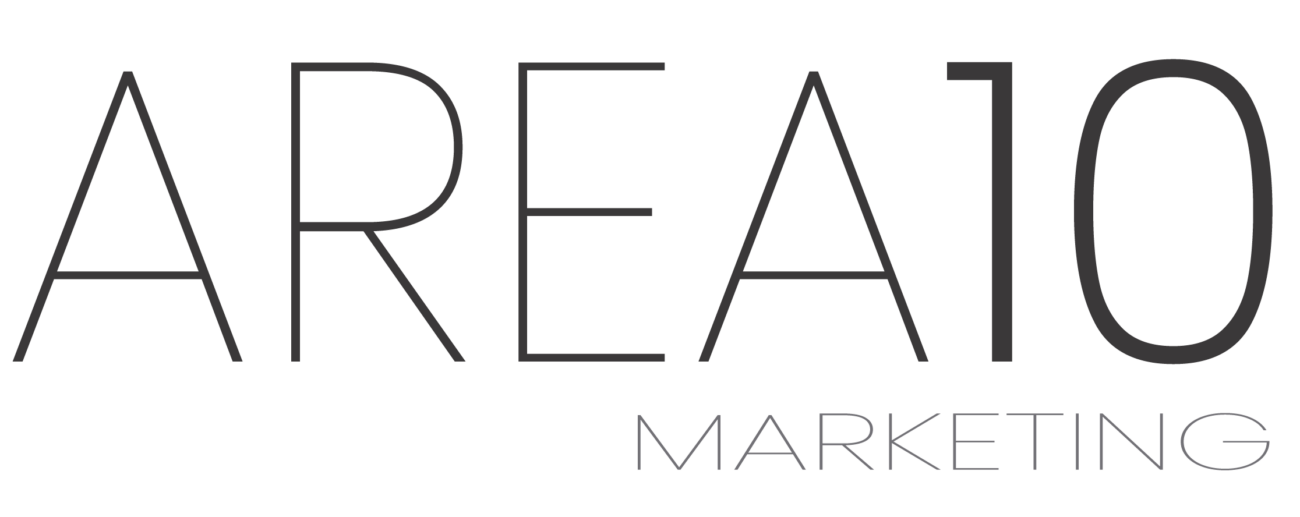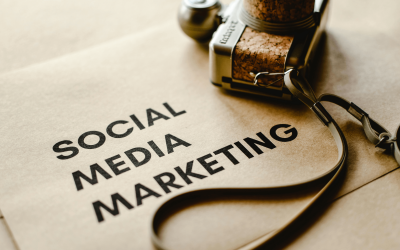Responsible healthcare communication in the digital era is key to building trust, combating misinformation, and ensuring ethical access to health information. Discover how to create clear, reliable, and impactful healthcare communication strategies.
In a hyperconnected world where information spreads at lightning speed, responsible healthcare communication has become essential to protect public health and strengthen trust between healthcare professionals, institutions, and citizens.
The digital era offers powerful opportunities to democratize access to health information. However, it also comes with significant risks: misinformation and fake health news can spread rapidly and have serious consequences.
This is why ethical, accurate, and responsible health communication is not optional — it’s a necessity.
1. What Is Responsible Healthcare Communication?
Responsible healthcare communication ensures that health information is accurate, clear, and ethical.
It’s not just about sharing medical facts but also translating them into accessible language for the general public, avoiding jargon or ambiguity.
Key objectives:
· 📢 Provide verified and up-to-date information.
· 🧠 Promote understanding and informed decision-making.
· ⚖️ Respect patient privacy, dignity, and rights.
· 🛡️ Prevent the spread of fake news and misinformation in healthcare.
2. The Challenge of Communicating in the Digital Era
The digital transformation of healthcare has revolutionized how people seek, consume, and share health information. Social media, blogs, forums, and apps have become primary sources for both patients and professionals.
While this democratization is positive, it also brings a serious challenge: the sheer volume and speed of misleading or false information.
Main challenges:
· ⚠️ Lack of content verification filters.
· 🧬 Viral spread of rumors and hoaxes.
· 🌐 Absence of reliable sources for specialized topics.
· 📊 Difficulty distinguishing science from opinion.
3. Ethics at the Core of Digital Health Communication
Ethical healthcare communication must be the foundation of any digital health message. The goal is not only to inform but to inform responsibly.
Ethical principles:
· 🩺 Scientific rigor: base all communication on evidence.
· ✍️ Transparency: always disclose sources and authors.
· 🧭 Neutrality: avoid sensationalism and fear-based narratives.
· 💬 Accessibility: use clear language that everyone can understand.
4. Combating Health Misinformation: A Shared Responsibility
Health misinformation is one of the most critical threats to public health today. Fighting it requires collaboration between healthcare institutions, professionals, media, and citizens.
Recommended actions:
· 🔍 Promote critical thinking and source verification.
· 🧠 Educate the public on digital health literacy.
· 🧑⚕️ Elevate trusted voices and expert communicators.
· 📢 Use proactive, transparent communication strategies.
5. Digital Transformation and New Communication Tools
The digital transformation of healthcare has changed not only how we share information but also the tools available to make communication more effective.
Multichannel platforms, artificial intelligence, and advanced analytics make it possible to adapt messages, track impact, and reach audiences with precision.
Key tools:
· 🌐 Multichannel communication platforms.
· 📊 Data analytics to measure trust and effectiveness.
· 🤖 AI to personalize messages and detect misinformation.
· 🧭 Omnichannel strategies for broader reach.
Responsible healthcare communication in the digital age is essential to build healthier, better-informed, and more resilient societies.
By embracing ethics, accuracy, and transparency, we can effectively fight health misinformation and strengthen public trust in a highly digitalized world.
👉 Good communication saves lives. Today more than ever, responsible healthcare communication is a shared duty.
FAQ – Frequently Asked Questions
What is responsible healthcare communication? It’s the ethical, clear, and accurate transmission of health information to the public.
Why is it important in the digital age? Because information spreads faster than ever, and misinformation can endanger public health.
How can we fight misinformation in healthcare? Through fact-checking, public education, and collaboration with trusted experts.
What role does ethics play? Ethics ensures transparency, trust, and neutrality in health communication.
What tools can be used? Multichannel platforms, AI, data analytics, and omnichannel communication strategies.





